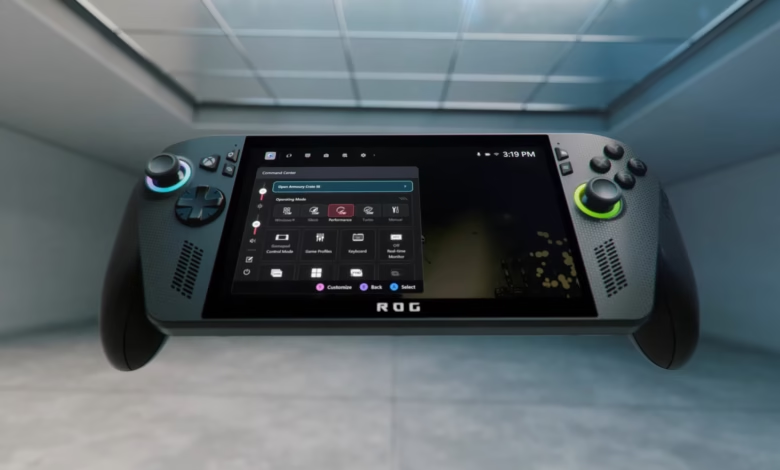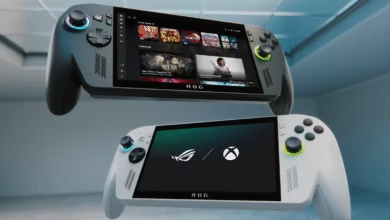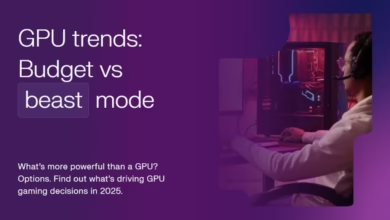Microsoft & AMD Partner for Next-Gen Xbox With Backwards Compatibility

▼ Summary
– Microsoft announced a partnership with AMD to develop future Xbox hardware, including consoles, handhelds, and PC devices.
– Xbox’s strategy shifts to a “portfolio” approach, encompassing traditional consoles, handhelds, PC, cloud gaming, and accessories.
– Backwards compatibility with existing Xbox games is a core focus of the new hardware strategy, though specifics remain unclear.
– The video hints at Xbox becoming a platform beyond hardware, with cloud gaming emphasized as a standalone Xbox experience.
– Future Xbox devices may use custom AMD chips or off-the-shelf PC silicon, but details on the partnership and hardware plans are vague.
Microsoft and AMD have joined forces to develop next-generation Xbox hardware, promising groundbreaking performance while preserving access to existing game libraries. The tech giants revealed their collaboration through a video presentation led by Xbox President Sarah Bond, outlining an ambitious roadmap that expands beyond traditional consoles to include handhelds, cloud gaming, and PC integration.
Central to this partnership is AMD’s role in co-engineering silicon for a diverse lineup of Xbox devices, ensuring cutting-edge graphics and processing power. Bond emphasized that future hardware will maintain backwards compatibility, allowing gamers to enjoy their current Xbox titles on upcoming systems. While specifics remain scarce, the announcement hints at a broader shift in Microsoft’s strategy, transforming Xbox from a single console into a multifaceted gaming ecosystem.
The video showcased glimpses of handheld gaming solutions, including the recently announced Asus ROG Xbox Ally devices, reinforcing Microsoft’s push into portable gaming. Bond also highlighted cloud gaming as a core component, with a bold declaration: “This is also an Xbox, by itself.” The message is clear, Xbox is evolving into a platform-agnostic experience, accessible even without dedicated hardware.
Despite the excitement, questions linger about the nature of Microsoft’s hardware plans. Will future Xbox consoles use custom AMD chips, similar to the Xbox Series X|S, or rely on off-the-shelf PC components? The partnership could involve optimizations for AMD’s upcoming Zen 6 architecture and RDNA graphics, tailored for Xbox’s unique demands. Alternatively, Microsoft might prioritize compatibility with mainstream AMD silicon, ensuring seamless performance across devices.
Industry speculation suggests Microsoft may step back from manufacturing its own consoles, instead licensing the Xbox brand to third-party partners like Asus. If true, this could mark the end of traditional “pure Microsoft” consoles, replacing them with PC-like modular systems designed for flexibility.
While concrete details are scarce, one thing is certain: backwards compatibility remains a cornerstone of Xbox’s future. Whether through native support or cloud-based solutions, Microsoft aims to protect gamers’ investments in their existing libraries. With next-gen hardware likely years away, possibly not arriving until 2027, the partnership with AMD sets the stage for a bold new chapter in Xbox’s evolution.
(Source: PC Gamer)






